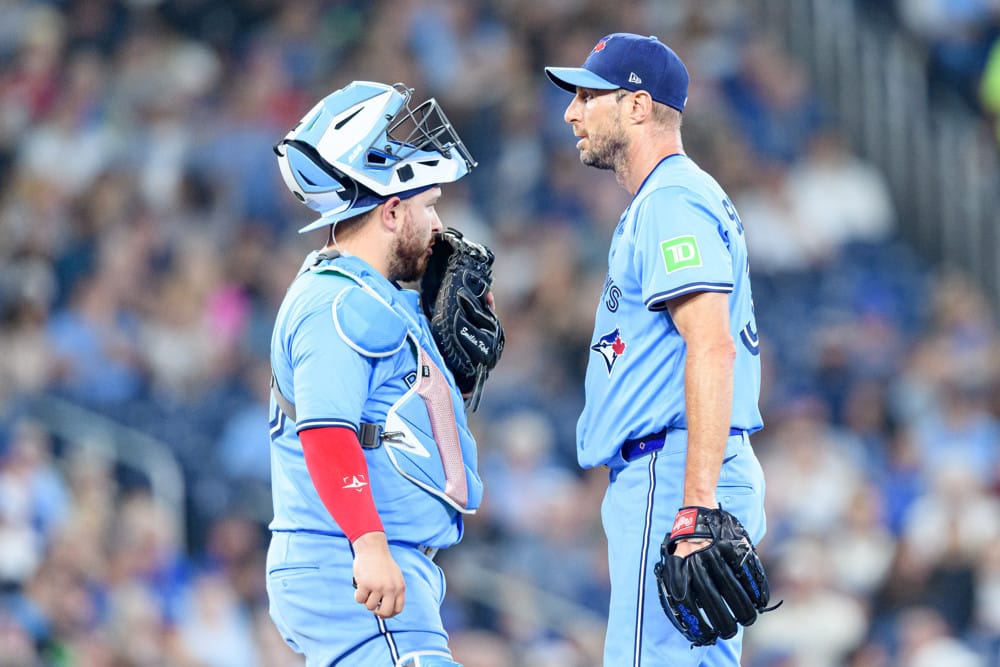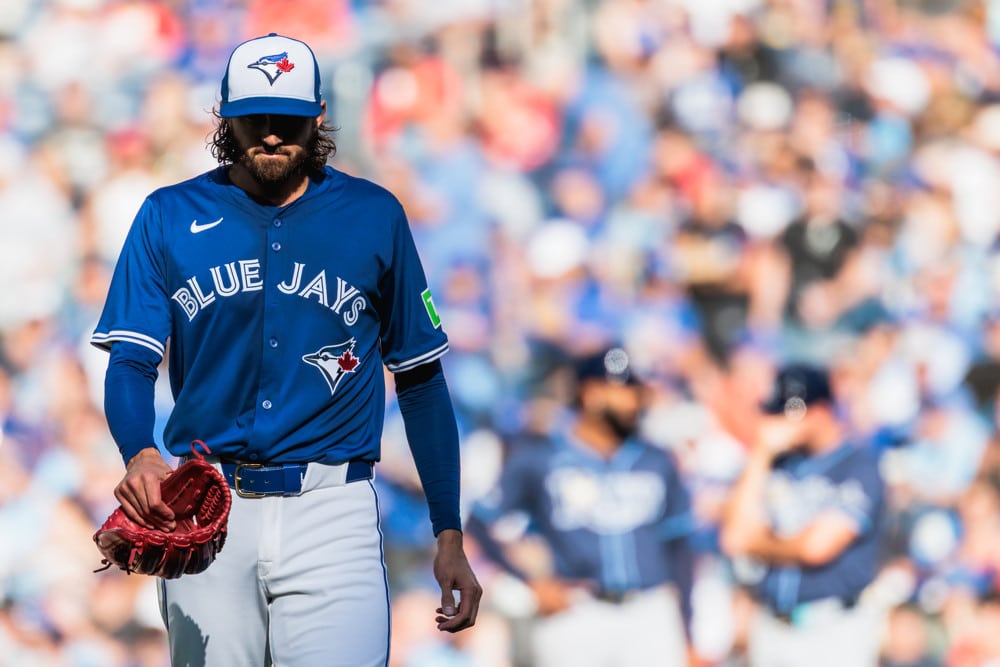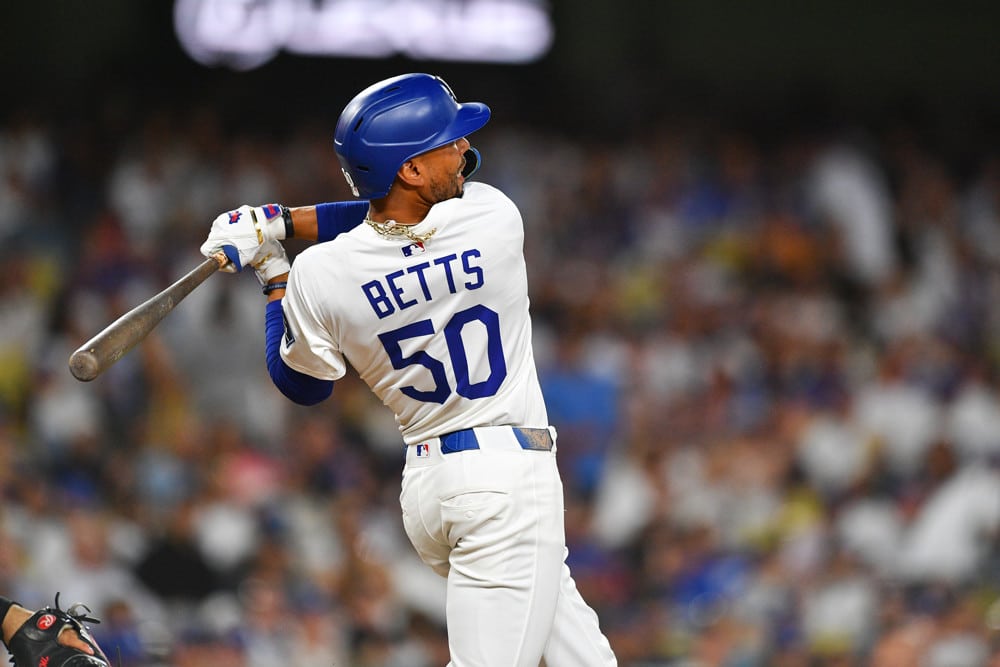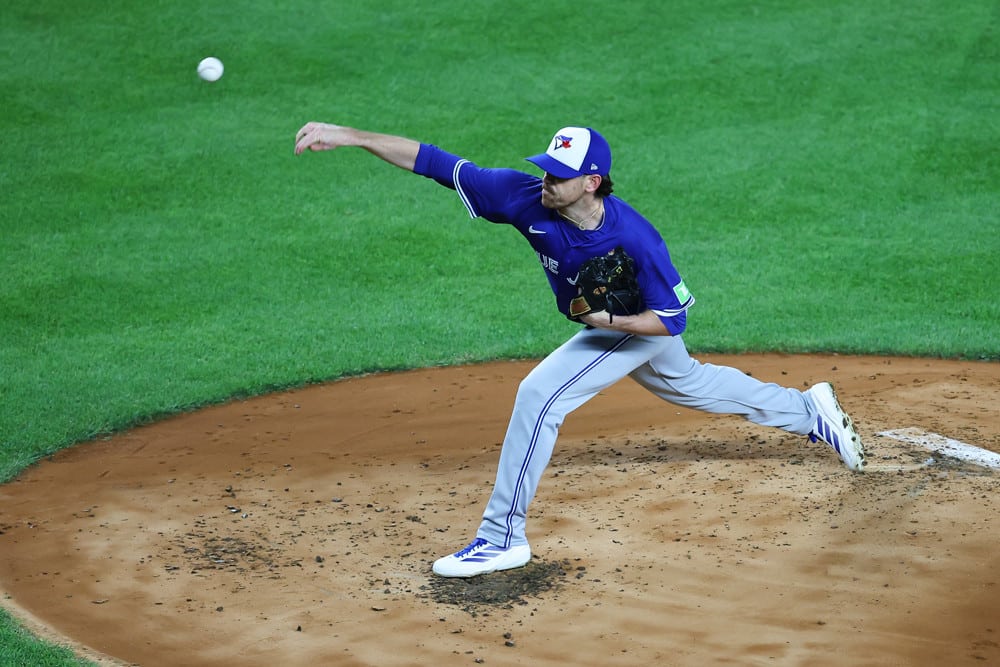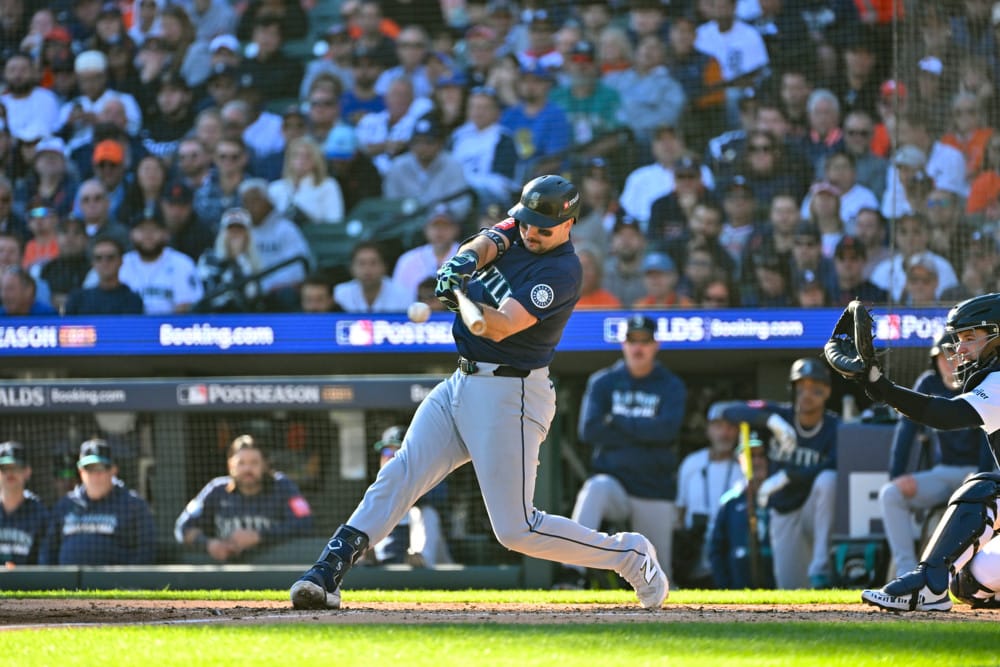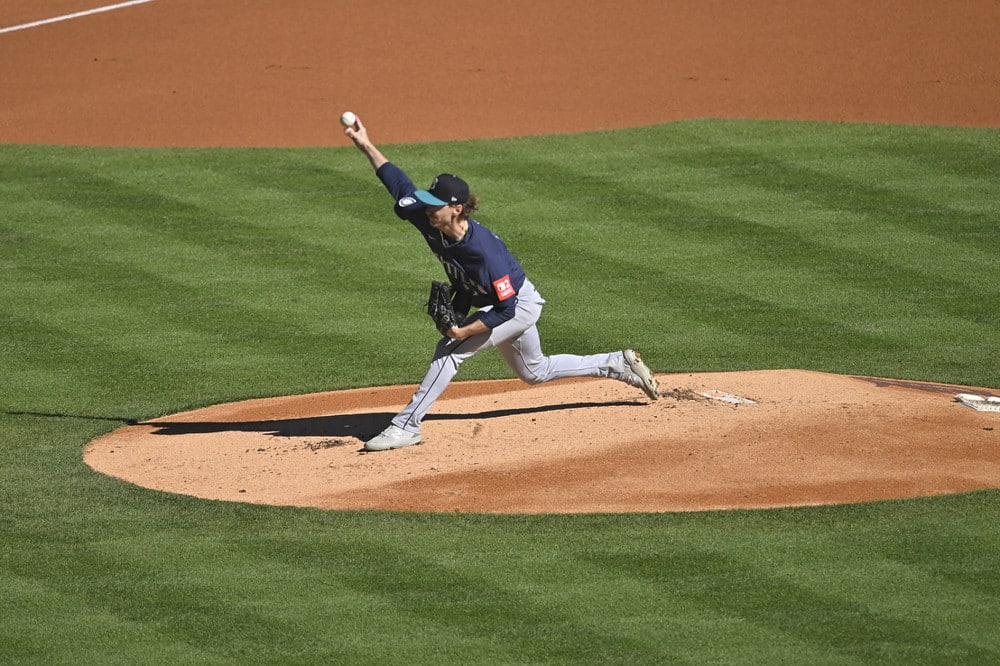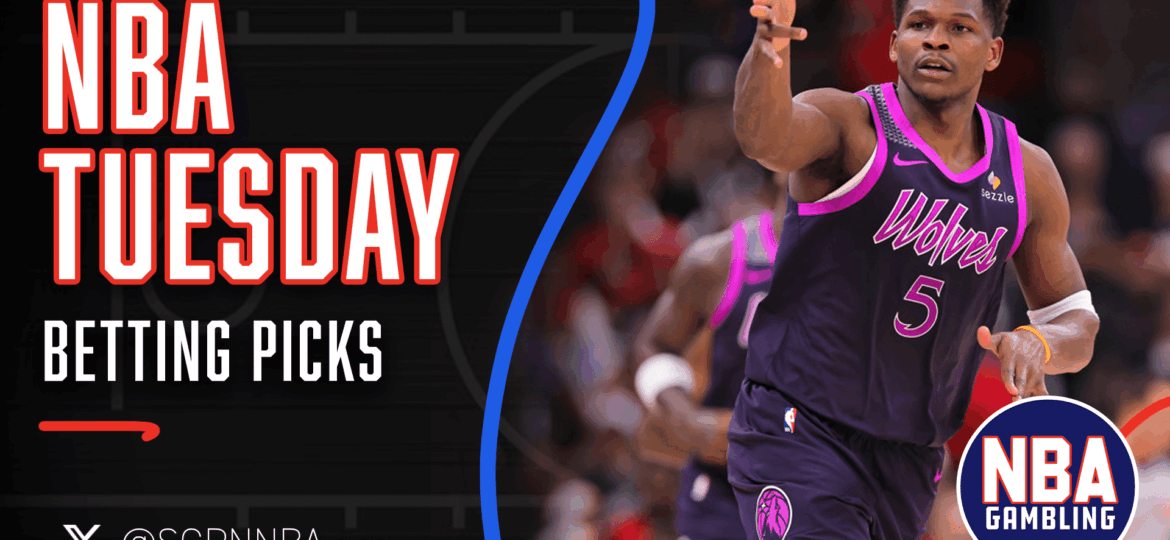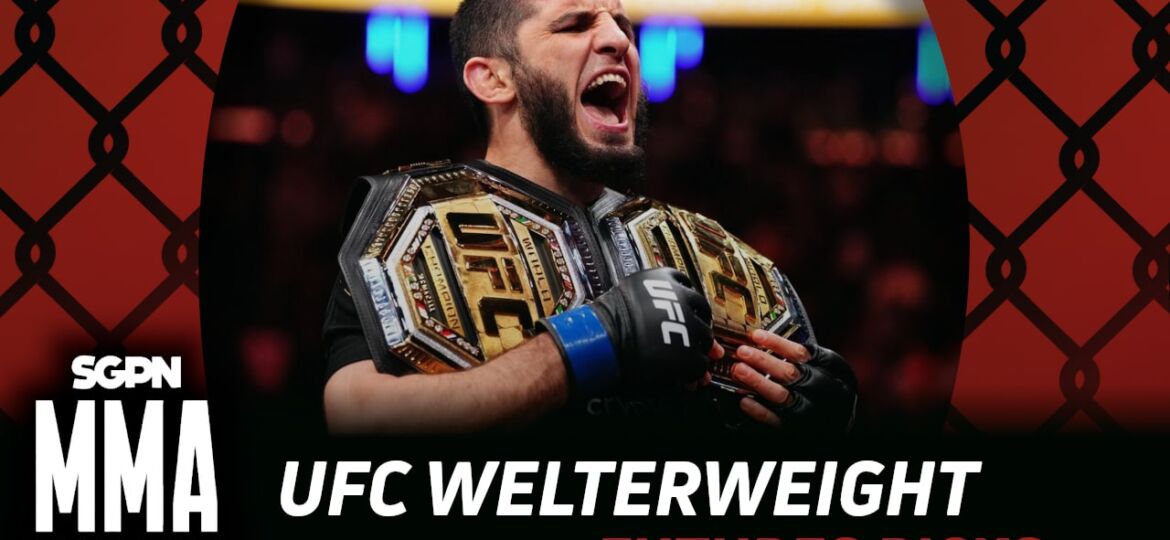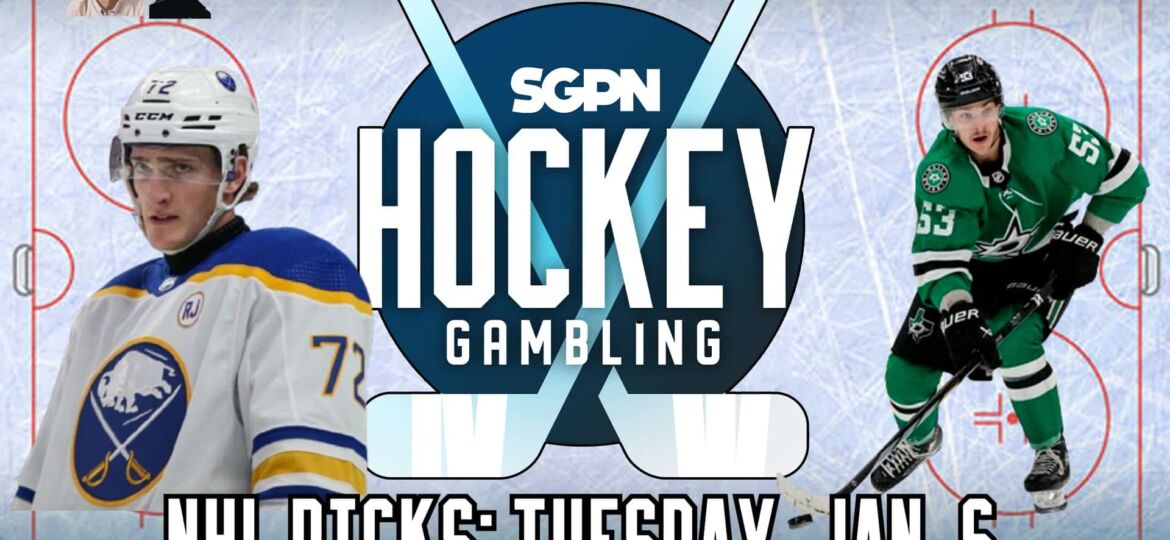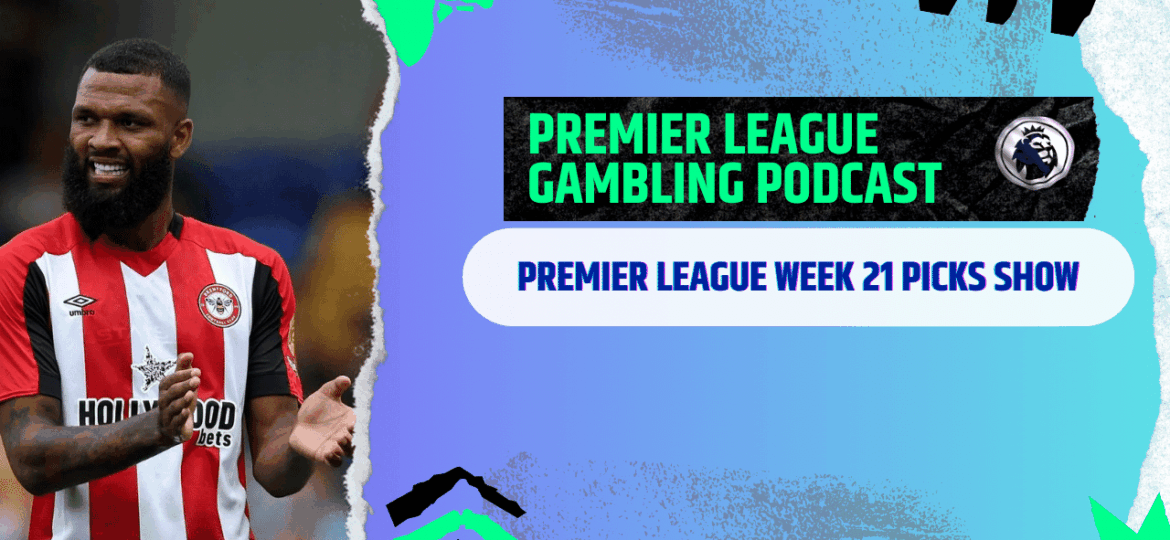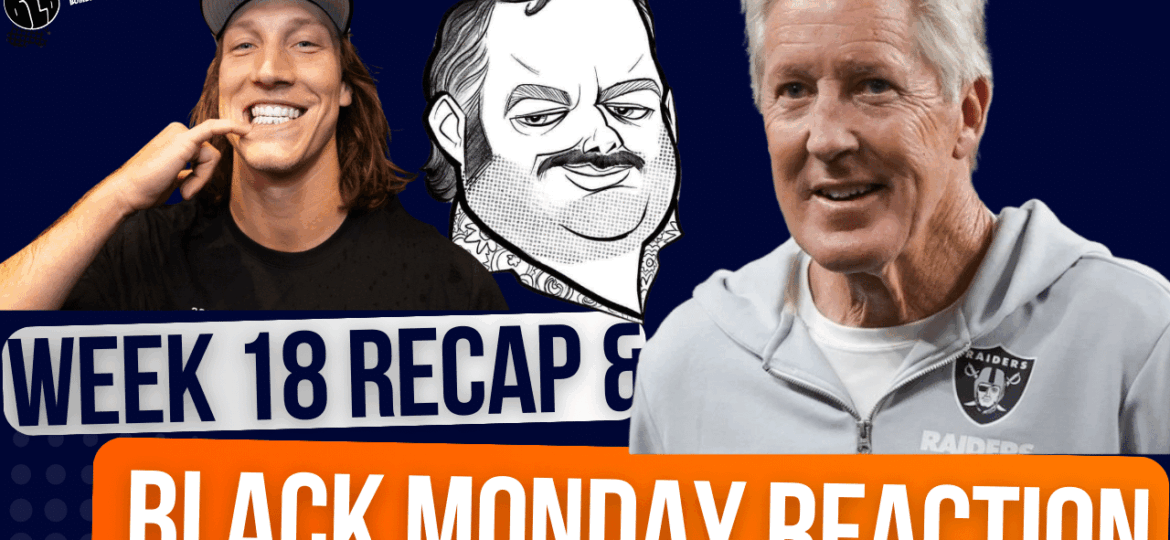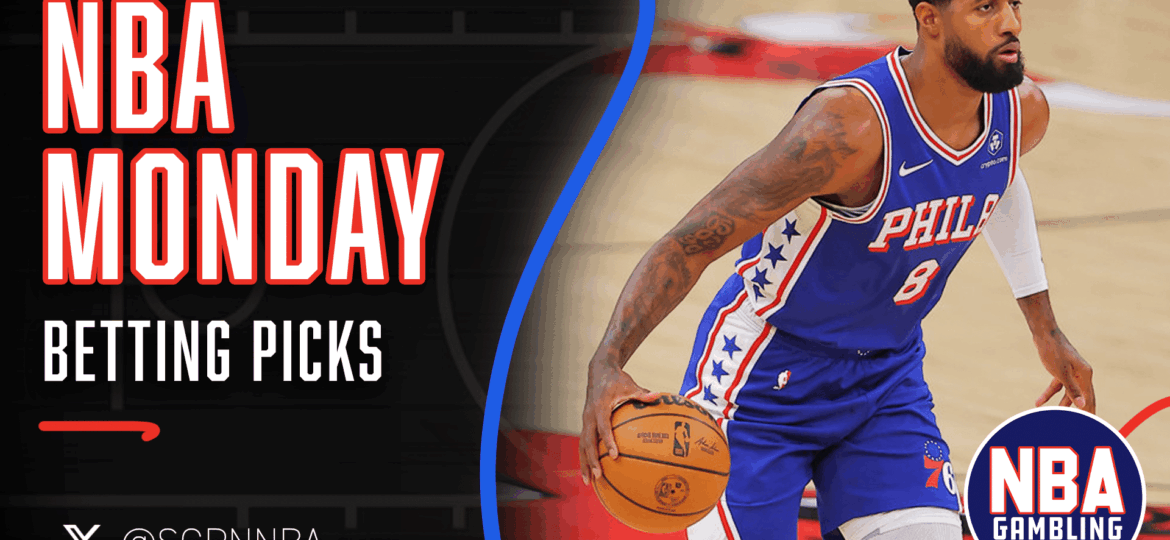
Probability analysis applied to betting edges
If you look underneath, probability does most of the heavy lifting in both poker and sports betting—though, let’s be fair, few people talk about it in daily conversation. Poker online players, almost by necessity, develop a knack for running hand odds against the pot, making decisions only when math seems to tip their way. It can start to feel robotic, but it’s anything but. The best in the game? They’re doing this kind of arithmetic again and again, sometimes almost unconsciously. For sports bettors, it’s tempting to get personal or loyal to a team, but those looking for an edge take a colder route: comparing the bookmaker’s line against their own stats or rough models and only firing when things, at least on paper, seem off.
Data hints at this—bettors who stick to bets when their models nudge past the house’s odds seem to edge out decent returns more often than not. That said, the success rate isn’t exactly high across the field. Public figures put the percentage of long-term winning bettors somewhere south of 2%. But tightening up on probability analysis? It might be one of the sharper ways to shift those odds, or at least, that’s what seasoned hands suggest. If there’s a “long game,” this habit probably sits at the center.
Bankroll management and discipline from online poker
Online poker has standardized bankroll management, enforcing strict limits to prevent catastrophic losses and curb impulsive decisions. The common rule: never risk more than 5% of the bankroll on a single hand or bet. In sports betting, sticking to this threshold also helps weather losing streaks. Many beginners fail by chasing wins or trying to recover quickly, while serious players log every move in spreadsheets or apps—a habit that sets them apart from casual bettors.
Opponent profiling and reading the market
There’s a sort of obsession, really, among top online poker players about profiling opponents. People aren’t always aware, but the poker software records everything: bets, timing, repeated tells. Bringing those same tricks to sports betting, a sharp crowd is keeping an eye on bookmaker lines shifting, breaking team news, or tidal waves of public bets, all to try and spot those rare times when odds are just a bit off.
ome portray poker pros who adjust instantly if a rival shows a tendency—maybe folding too much, maybe betting wild in certain spots. Sports bettors play a similar game: when the book seems spooked by public money or a sudden player injury, a value window can open up, if only briefly. These aren’t moments you can schedule—sometimes mistakes in the market blink by in minutes. Professional bettors, for what it’s worth, lean on custom spreadsheets or data feeds to help catch these little shifts, likely a habit picked up from spending all those hours lost in online poker rooms.
Data analysis tools and pattern recognition
Tracking tools changed almost everything in online poker; suddenly, even amateurs could review every mistake or weird choice they’d made across thousands of hands. Heads-up displays (HUDs), or whatever name you use, kick out data on every play—leaks in a player’s thinking pop up fast. Now, sports bettors are lifting this habit wholesale. They’re tinkering with their own databases, logging every wager, sometimes even running different models in the hope of finding something more consistent.
FranklinPDNews, for one, claims that those chasing poker-style analysis—logging, backtesting, tuning up their strategy—tend to show better performance over several seasons. Patterns emerge, for better or worse. Poker players, for example, won’t hesitate to switch things up if they catch a rival changing tactics after a big loss; bettors, meanwhile, pay attention when lines jump for no clear reason or a team suddenly outperforms after a media storm.
Responsible gambling and strategic improvement
Adopting habits from online poker can boost a sports bettor’s success, but everything rests on responsible gambling. The essentials are simple: set limits, manage your funds, and know when to stop. Risk is inevitable—losses come unpredictably and often in streaks. Prioritizing self-awareness and boundaries protects both well-being and finances, while also keeping bettors in the game long enough for skill to matter. In the end, combining poker’s discipline with caution may be the only real edge.


